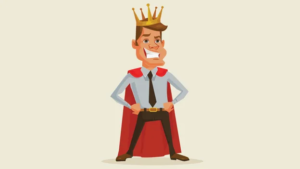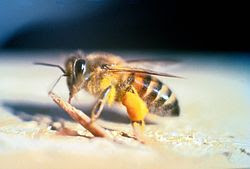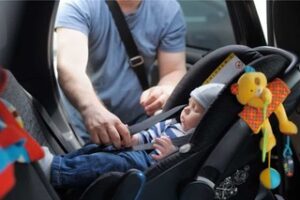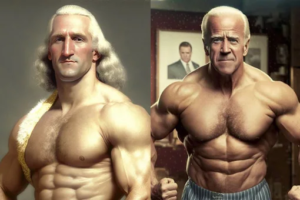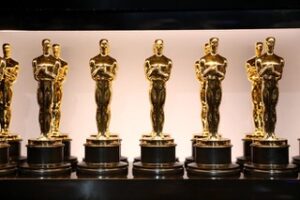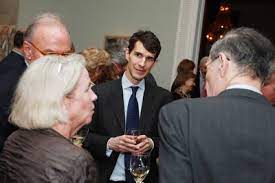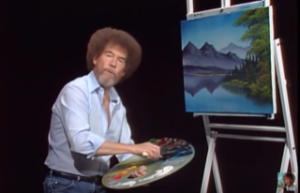When Police Pull You Over
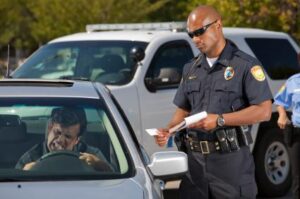
I bought the house several years earlier and rented it to one of the maintenance guys that works for me. It was in what some might call the iffy part of town. I had been to it only once. To discuss the improvements needed with our partner in the local real estate business. This time, since the tenant had moved out, I was returning to see what kind of shape it was in. I was in my BMW 760 and was cruising around the neighborhood, trying to remember where the hell it was!
A cop in an unmarked police car pulled me over. He was young, and he looked uneasy. He peered furtively inside the car as he asked me for ID.
“What are you doing here?” he asked.
I told him the truth.
“You are looking for a house you own. But you don’t know the address?”
“Yeah, I know how it sounds. I own a few houses in this area. But I don’t personally manage them.”
He gave me the “Oh, sure” look.
He told me to step out of the car and put my hands on the hood. Then he patted me down. That felt wrong. But in an odd way, it was exciting. “I’m getting frisked,” I thought. “That’s sort of cool.”
Then he asked if he could check the contents of the car. Again, that felt wrong. But I thought, “Why not? He won’t find anything incriminating, and he’ll realize that I’m an upstanding citizen.”
It finally dawned on me that the poor guy had figured I was some sort of drug dealer, cruising around my neighborhood in my $150,000 car. And that made me nervous. Because I’d read enough to know that planting evidence on innocent people is not all that rare. If he wanted to, he could do it!
I had a thought. I asked him if I could call Giovanna. She would be able to tell him the exact address of the house I was looking for and verify that I was the owner. He said okay. I made the call. She conveyed the information. And after that, his tone of voice changed from suspicious to mildly apologetic.
There are two lessons I took away from this.
One (which I should have known): It’s not a good idea to cruise iffy neighborhoods in an expensive car. Two: If and when you are pulled over by a cop for no obvious reason, you should be very careful about what you say to him. It was foolish of me to be so cooperative with this cop. It worked, because he was a good cop. But it could have gone the other way.
Here is a brief explanation of the rules.
And here are some clips of people following the rules. Click here and here and here.

